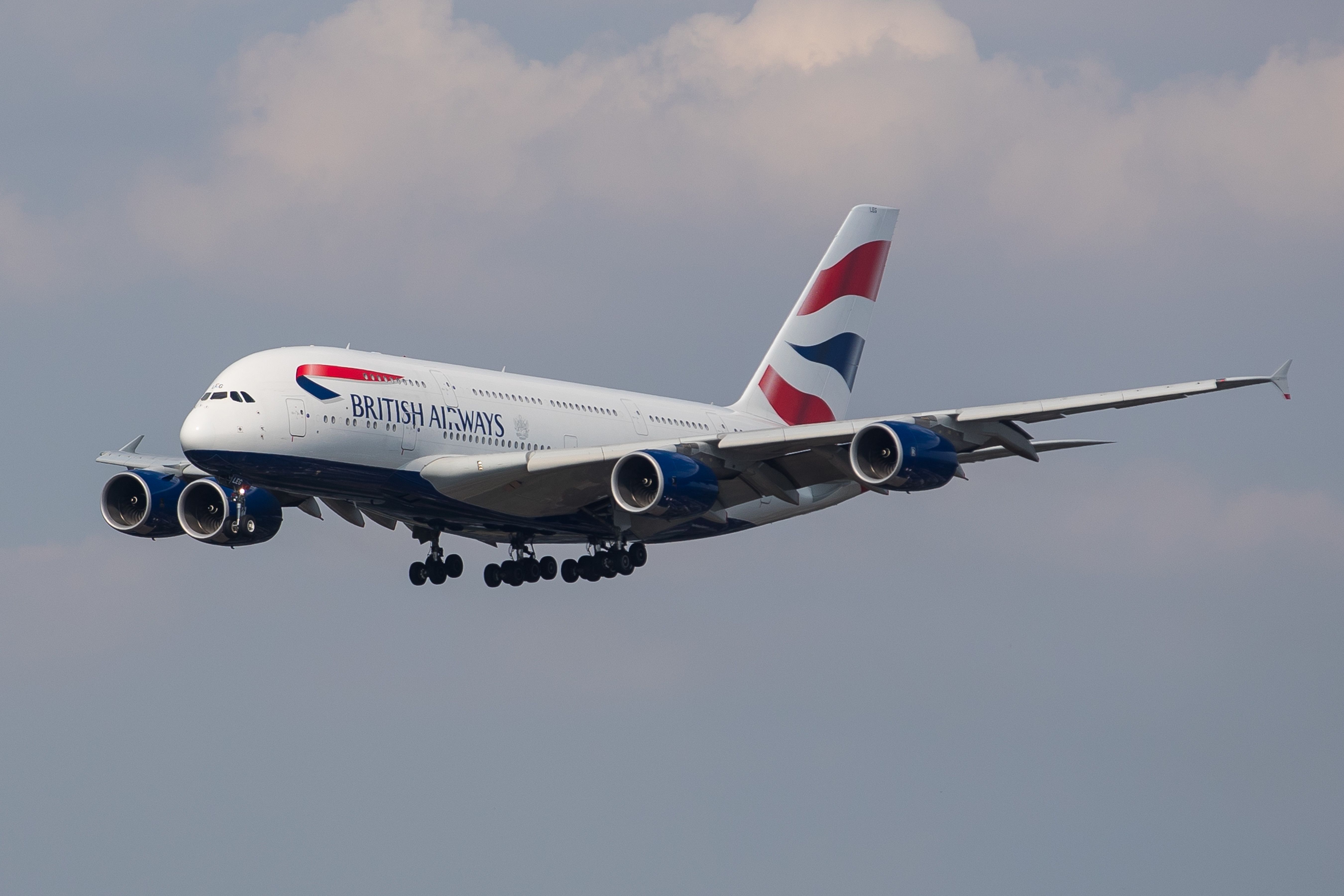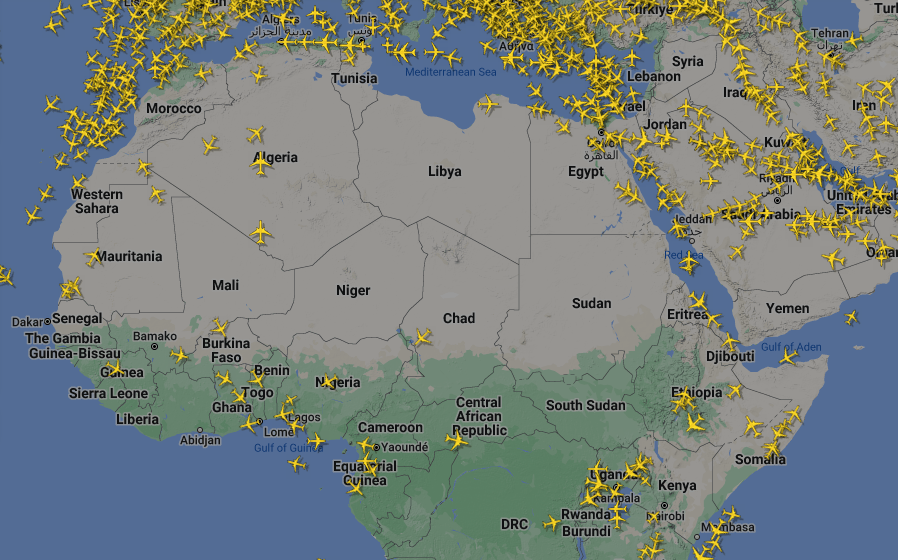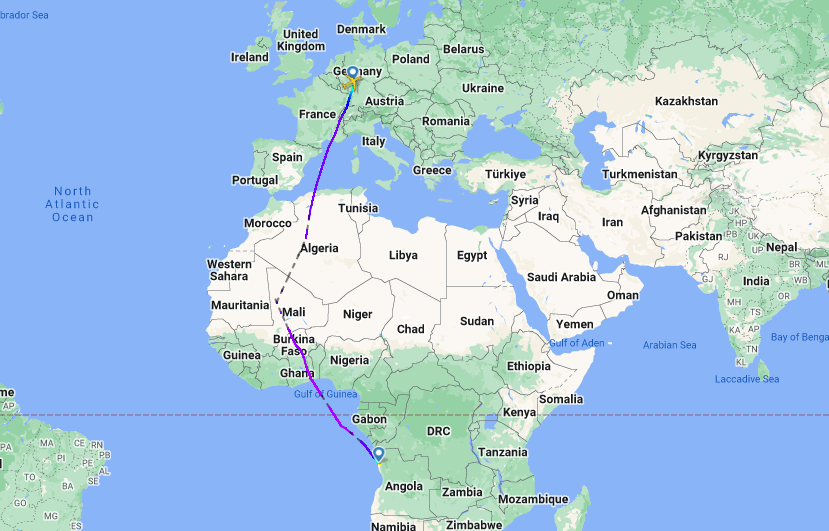Summary
- Niger's airspace closure has led to increased flights rerouting through Ghana, benefiting the country's aviation industry with increased overflight charges and revenue.
- The closure of the airspace has also widened the area where flights cannot operate, making Libya and Sudan no-fly zones.
- Major airlines like British Airways, Lufthansa, and Air France have had to reroute their flights through Ghana, adding extra flight time and costs.
Niger's airspace remains closed following the military coup on July 26, causing severe disruptions for airlines operating between Europe and sub-Saharan Africa. However, this has benefited Ghana as several flights are rerouting through its airspace.
Airlines using air navigation services to perform flights in one or more national airspaces are required to pay navigation fees. The fee depends on a number of factors, including the type of aircraft, MTOW, and points of entry and exit. Airlines rerouting to avoid Niger territory have seen increased costs in terms of fuel and charges but to the benefit of other countries.
Rerouting via Accra
The closure of Niger's airspace has not only prevented airlines from passing through the country but has widened the area where flights cannot operate, as Libya and Sudan remain no-fly zones. Although the size of the airspace does not directly equate to land mass, these three countries constitute 16.2% of the continent's area.
As such, Ghana has seen a surge in the number of flights using its airspace as European carriers are rerouting via Accra to reach larger markets such as Nigeria and South Africa. According to AviationGhana's analysis, the Ghana Civil Aviation Authority (GCAA) is expected to benefit from overflight charges. Air Traffic Controllers Association (GHATCA) President Francis Armah Mensah said to the Ghanaian publication;
"The closure of the Nigerian airspace is having an impact on the Accra Flight Information Region. We have more traffic routing our airspace now than ever. The situation has increased the workload on Air Traffic controllers. In terms of revenue, it will boost our revenue."
Just like how road users pay to use some highways, countries charge airlines to use their airspace. All commercial airlines planning to fly into, from, or over Ghana are required to obtain an overflight or landing permit from the GCAA. The permits cost $150 for a single request and must be obtained at least 72 hours before the intended flight date.
Want answers to more key questions in aviation? Check out the rest of our guides here.
Who is flying through Ghana?
The closure of an airspace can result from various factors and can have long-lasting effects on airlines. In Niger's case, carriers have been reported to face detours of up to 600 mi (965 km), adding over an hour to the total flight time.
British Airways operates a daily Airbus A380 service between Johannesburg OR Tambo (JNB) and London Heathrow Airport (LHR), which has been affected by the airspace closure. It previously followed a simple flight path through the DRC, Chad, Niger, and Algeria. However, since August 6, the carrier has been flying through Gabon, Togo, and Ghana, adding over 30 minutes to the journey. The same applies to the carrier's Cape Town service.
Lufthansa's A330 service between Frankfurt (FRA) and Luanda (LAD) has also been forced to fly through Ghana. It previously flew through Chadian and Nigerian airspace to and from Germany.
Similarly, Air France's non-stop service from Paris CDG to Johannesburg has experienced the same rerouting challenge, having to fly through Ghana while avoiding Niger. Additionally, the West African country is benefiting from continuous flights. While Air France suspended operations in Mali and Burkina Faso, it continues to operate its CDG-ACC-CDG flights.
Do you think Niger's airspace closure has benefited other countries in the region? Please share your thoughts with us in the comments!
Source: AviationGhana




